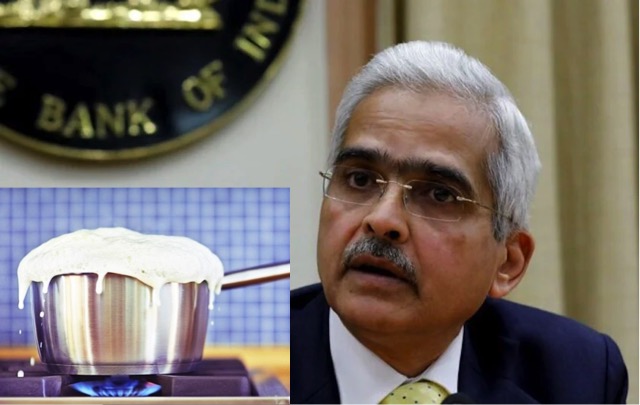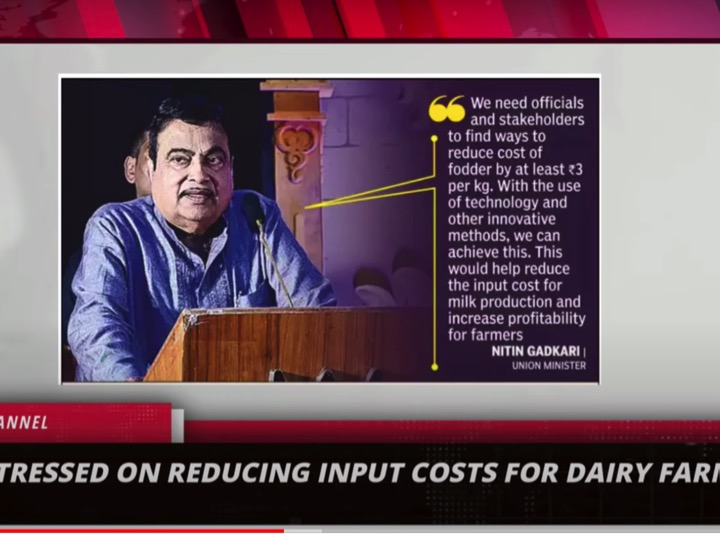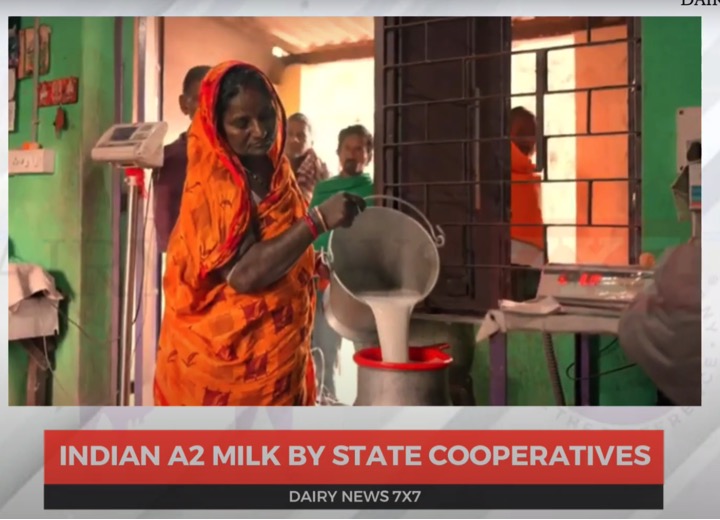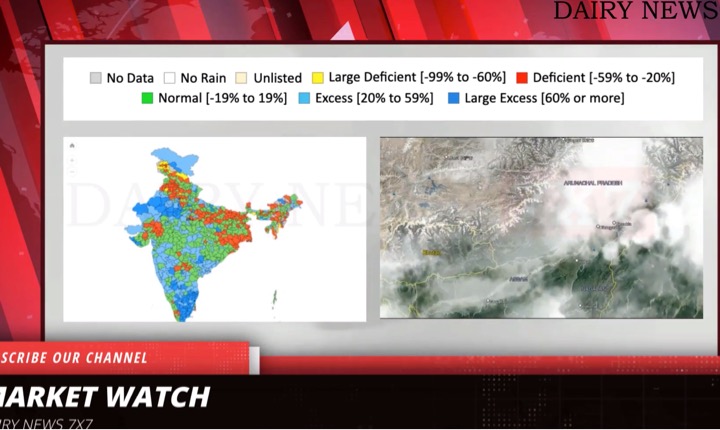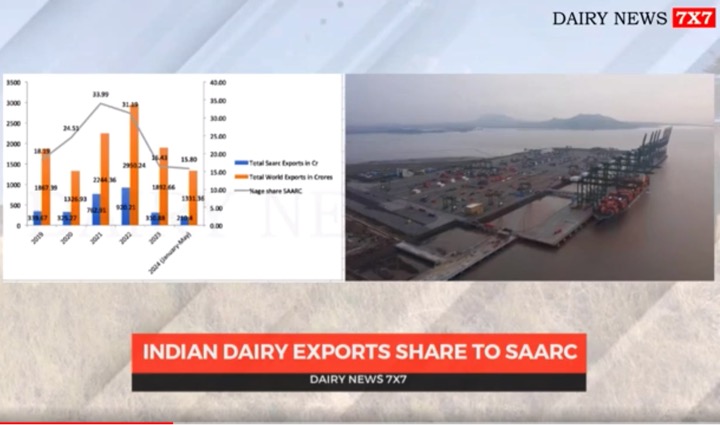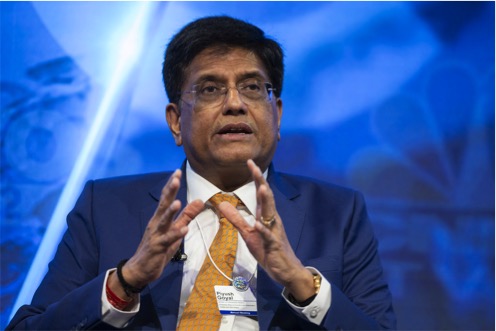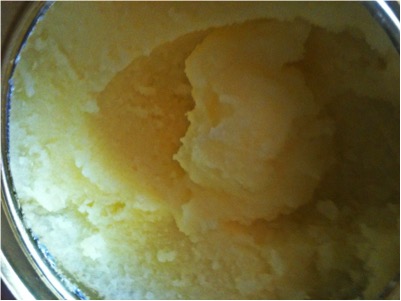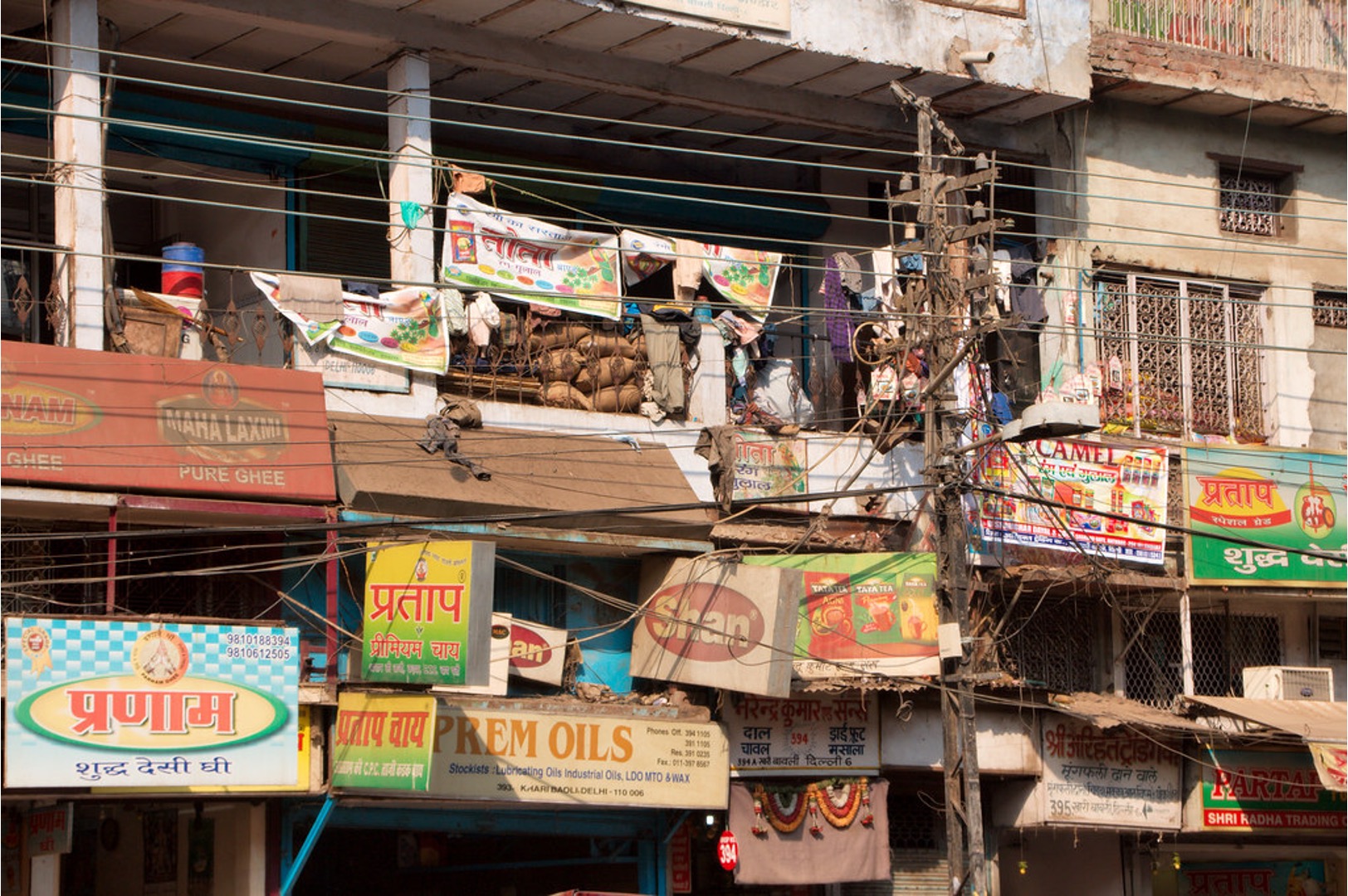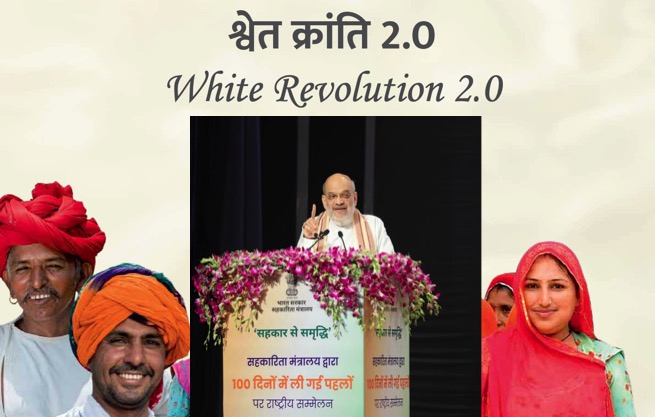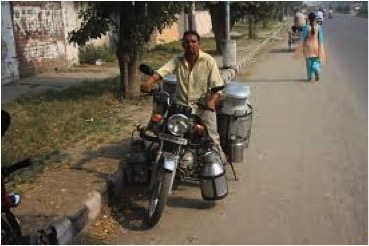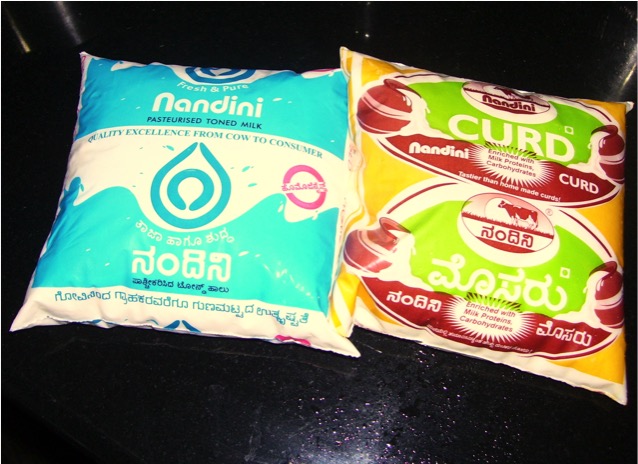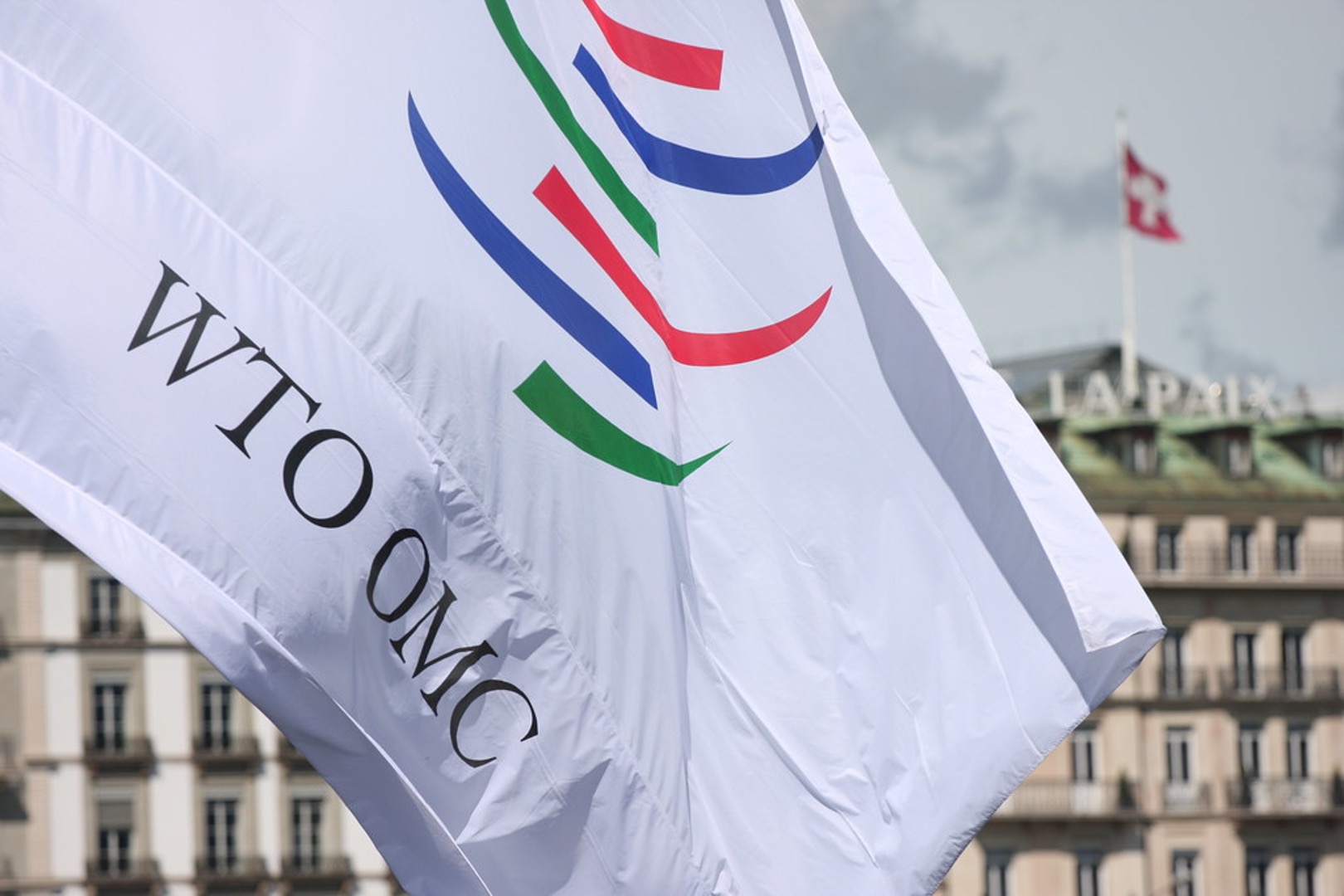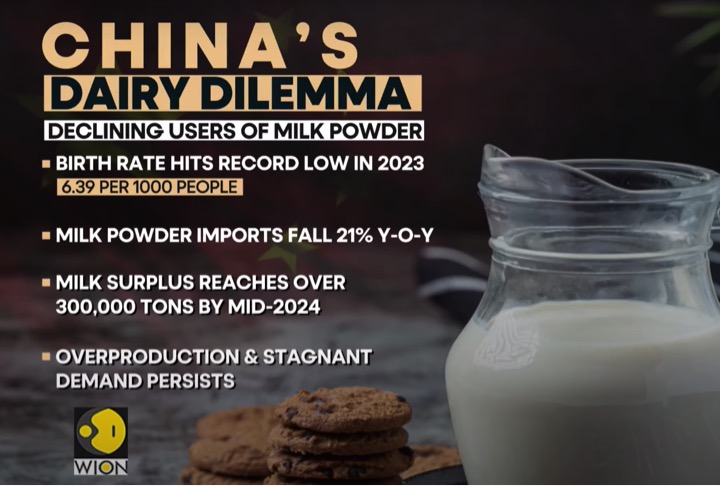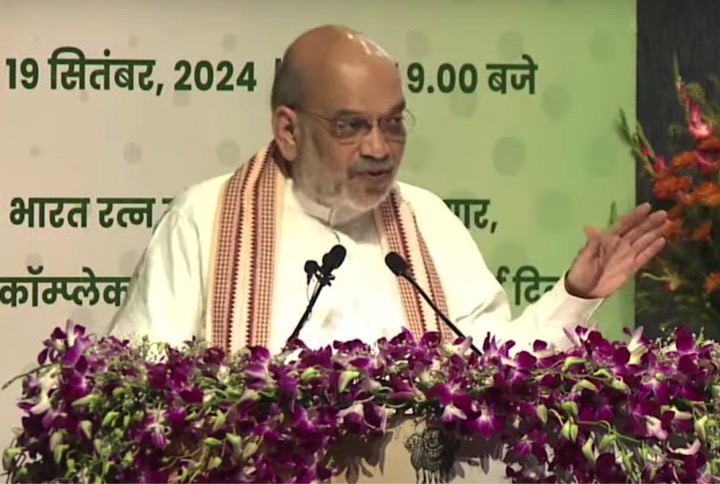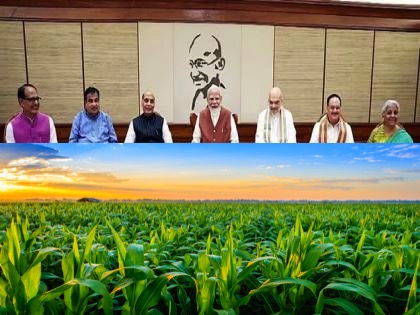Reserve Bank of India (RBI) Governor Shaktikanta Das emphasized on Thursday that the central bank cannot overlook food inflation when formulating monetary policy. He highlighted that food inflation, which holds a weight of around 46% in the Consumer Price Index (CPI) basket, accounted for over 75% of headline inflation in May and June. Notably, the sharp rise in vegetable prices contributed about 35% to inflation in June.
Inflation
“High inflation pressures persisted across other key food items as well,” Das noted in his monetary policy statement. However, he pointed out that core inflation has shown broad-based softening, with core services inflation reaching a new low in the current CPI series during May-June 2024. Despite this, he acknowledged that high food price momentum likely continued in July, although large favorable base effects might have pushed headline inflation downward.
Das also remarked that the effects of revisions in milk prices and mobile tariffs need to be closely monitored. He noted that continuing food price shocks have slowed the process of disinflation in Q1 of 2024-25 and highlighted the significant divergence between headline and core inflation. This divergence, he said, raises the question of how much weight the Monetary Policy Committee (MPC) should give to food inflation.
“Given the high share of food in the consumption basket, food inflation pressures cannot be ignored,” Das stressed. He added that the public tends to perceive inflation primarily through the lens of food prices, making it crucial not to become complacent just because core inflation has significantly decreased.
Das further explained that high food inflation negatively impacts household inflation expectations, which in turn influence the future inflation trajectory. After a period of moderation between May 2022 and September 2023, household inflation expectations have risen due to elevated food prices since November 2023. He warned that persistently high food inflation and unanchored inflation expectations could spill over into core inflation, leading to wage increases driven by cost-of-living concerns. This, he said, could result in firms passing on higher costs to consumers, making overall inflation more stubborn, even after food inflation subsides.
Monetary Policy Committee (MPC)
“The MPC may choose to overlook high food inflation if it is temporary, but in the current environment of sustained high food inflation, it cannot afford to do so,” Das emphasized. The MPC must remain vigilant to prevent spillovers and second-round effects from persistent food inflation, thereby preserving the credibility of monetary policy.
Responding to a question from The Hindu regarding a suggestion in the Economic Survey 2023-24 to exclude food inflation from the inflation targeting framework, Das mentioned that the National Statistics Office (NSO) is currently conducting a survey on food price inflation. The findings of this survey will inform any future decisions by the government and the RBI.
Das also pointed out that the current CPI basket is based on 2011-12 data. On the topic of financial stability, he expressed concern over the rapid growth of home equity loans and top-up housing loans, noting that some banks and NBFCs are not strictly adhering to regulatory requirements related to loan-to-value (LTV) ratios, risk weights, and monitoring the end use of funds. He warned that such practices could lead to loaned funds being used in unproductive or speculative segments and advised banks and NBFCs to review and address these practices.


